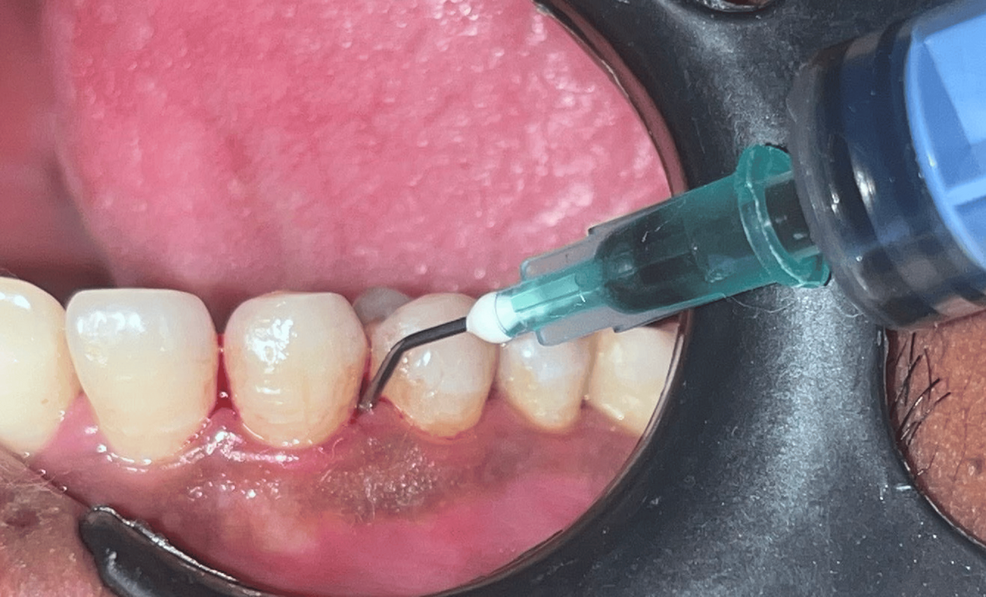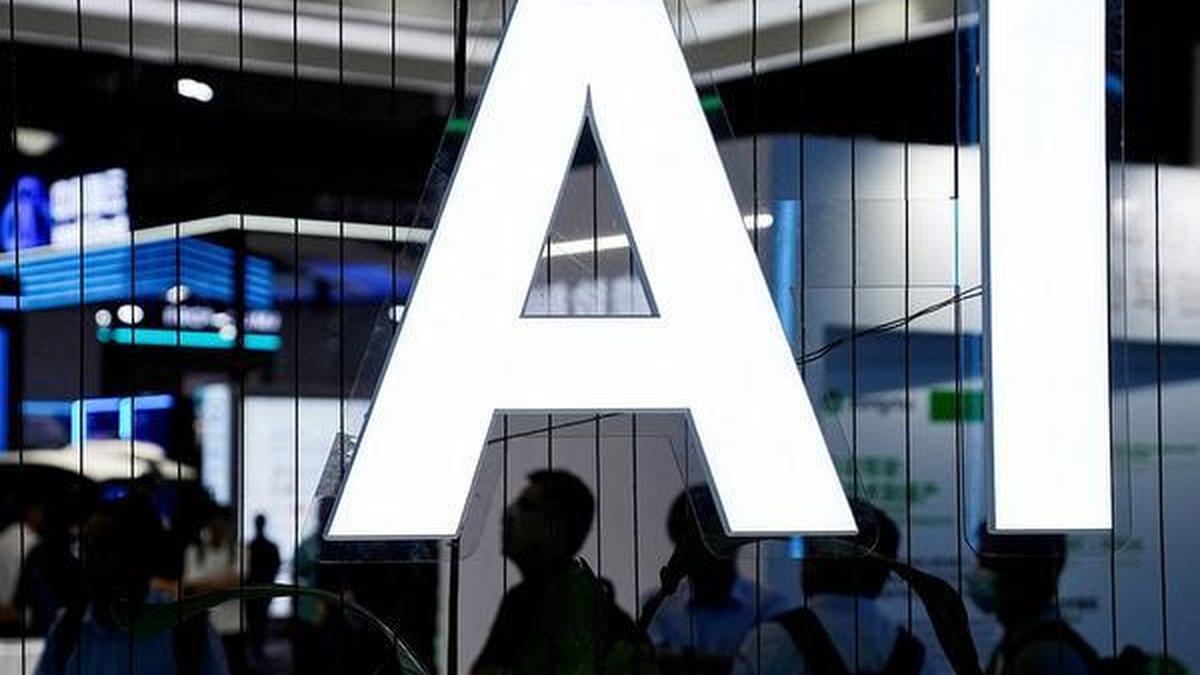The Co-op has quietly told staff to boost promotion of vapes in an effort to win back customers and sales after a devastating cyber-attack.
The ethical retailer is making vapes more prominent in stores via new displays and additional advertising, according to an internal document seen by the Guardian. It is also stocking a bigger range of vapes and nicotine pouches.
The action plan is to tackle a big sales drop after the April hack that resulted in gaps on its shelves.
Called Powering Up: Focus Sprint: Cigs, Tobacco and Vape, the document says: “Sales haven’t recovered compared to pre-cyber.” In a section headed “Why we need to focus on this category?”, it says there are “£1m missing sales per week” and 100,000 fewer transactions.
It states: “We know at least 40% of this is customers forming a new habit, shopping elsewhere as they wouldn’t go without their cigarettes, tobacco or vapes. This means we’ve also lost sales from what would’ve been in their basket.”
The Co-op’s approach to selling vape products in its more than 2,000 grocery stores complies with UK legislation and government guidelines but staff have raised concerns about whether it is contrary to its standing as an “ethical” retailer.
On its website, the Co-op spells out that it puts “principles before profit”. It says: “As well as having clear financial and operational objectives and employing 54,000 people, we’re a recognised leader for our social goals and community-led programmes.”
The activity comes at a time of mounting concern about youth vaping after evidence showing that the numbers of under-18s trying or using vapes has soared in recent years. The brightly coloured packaging and flavours such as bubblegum or candy floss are a significant part of their appeal.
England’s chief medical officer, Prof Chris Whitty, has raised concerns about the marketing of vapes, saying: “If you smoke, vaping is much safer; if you don’t smoke, don’t vape.”
A source told the Guardian that staff had not been told explicitly to sell more vapes but whereas before their presence in store was low-key, there were now ads strategically placed in high-traffic areas and eye-catching display units.
“Before [the hack] even if I didn’t always enjoy work I respected the Co-op,” the source said. “They present the lovely idea of ethical shopping – you might pay a bit more but they are doing things right. This strategy goes against everything we’ve done until now.”
They said the Co-op was known for its ethical business model and that set it apart from other companies. “This recent decision to exploit a known health problem and make a profit goes against the values the Co-op was built on and stands for.”
The government’s tobacco and vapes bill, which is making its way through parliament, will outlaw vape advertising and sponsorship. It will also restrict the flavours, packaging and display of vapes and other nicotine products.
A Co-op spokesperson said: “As a member-owned organisation, our longstanding commitment to ethical values and responsible retailing remains steadfast and at the heart of how we do business.
after newsletter promotion
“The sophisticated cyber-attack we experienced means we are now even more focused on powering up all aspects of our stores to serve the needs of shoppers.”
They added: “It is important to be clear that the sale of vape products in our stores is fully compliant with all UK legislation and government guidelines, in their recognised role as a successful route to smoking cessation.”
Co-op managers are trying to repair its finances after the cyber incident, which forced it to shut down parts of its IT systems. In a recent business update, the retailer said the fallout pushed it into the red in the first six months of its financial year.
The cyber-attack led to gaps on shelves in its grocery stores, while its more than 800 funeral parlours were forced to return to operating some services via paper-based systems because of having no access to digital services.
The upheaval wiped more than £200m off sales, and the group anticipates the final bill will result in a £120m hit to full-year profits.
The document seen by the Guardian relates to what is a store-wide “Power Up” programme covering all product categories.








